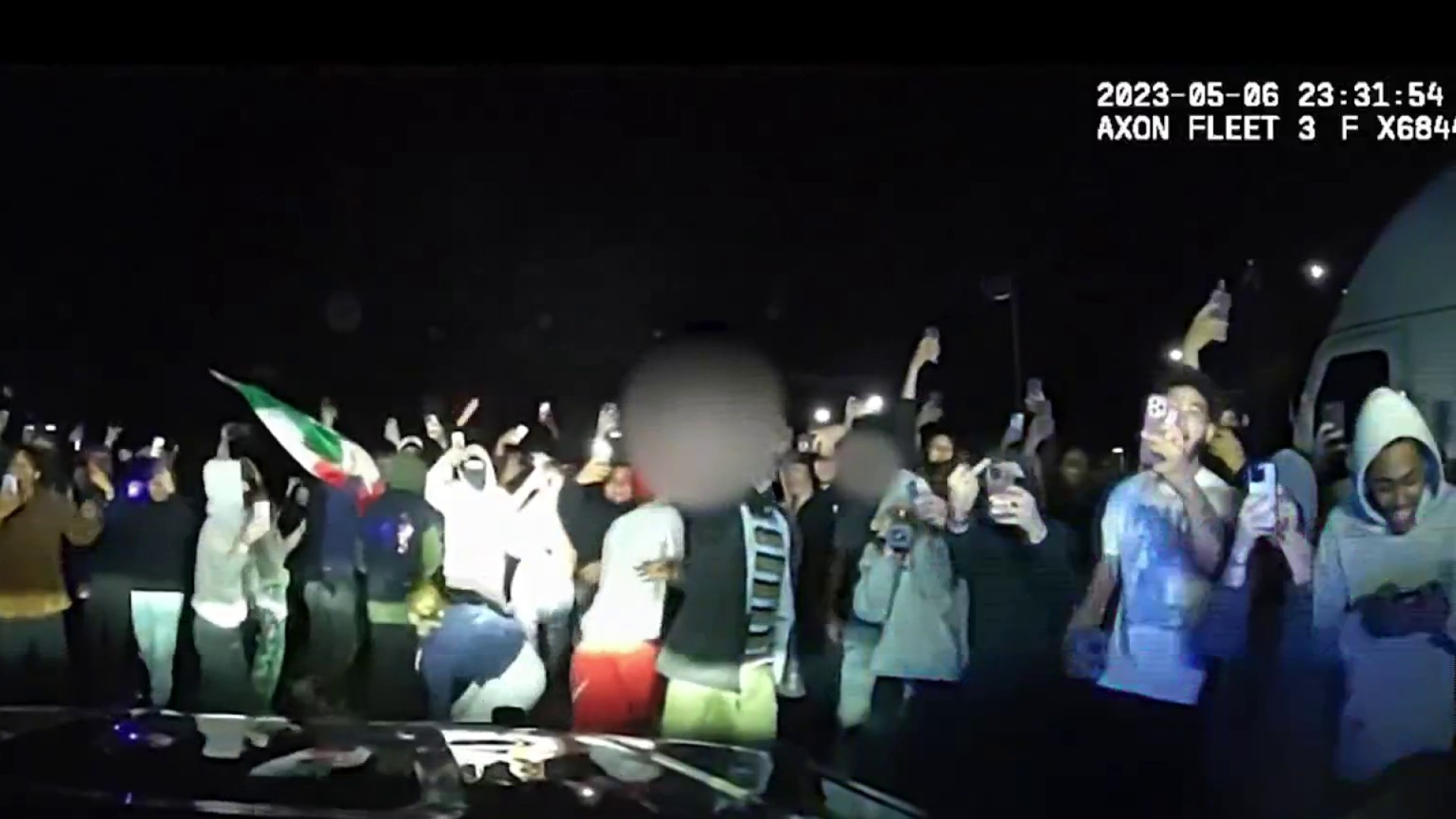Connecticut voters made some history this week by showing overwhelming support for early voting.
Before Tuesday, Connecticut was only one of four states in the country that didn't have some form of early in-person voting. So now that it's approved, what happens next? And when will we see the changes take effect?
NBC Connecticut's Mike Hydeck spoke with Senator Mae Flexer from Killingly about it. She is the chairperson of the Governor Administration and Elections Committee.
Mike Hydeck: So voters approved early voting at the ballot box. What happens next?
Get Connecticut local news, weather forecasts and entertainment stories to your inbox. Sign up for NBC Connecticut newsletters.
Mae Flexer: So the next part of the process is the legislature gets to consider how we're going to have early voting. And I think the most important next step is to listen to the people of Connecticut. They clearly spoke out and said strongly, they wanted to have early voting as an option here in Connecticut. And so let's listen to the people and the election workers in terms of what kind of early voting they want to have.
Mike Hydeck: So some states have more than a month to vote voters to others have what amounts to a little more than a long weekend. Where do you see the debate getting started here in Connecticut, or how many days we might have?
Mae Flexer: Well, I think that because our election system in Connecticut, unlike other states is very, very local, and having early voting would require a lot of work on our local election officials, many of whom are less than part-time workers, I think we're gonna have to look at something that's a little bit more narrow in scope than what they have in other states. But I think it's really important that we listen to the people who do the great work of giving us confidence in our election system. And it's important that we listen to what the voters want, especially given their resounding support for this amendment to our constitution.
Face the Facts
Face the Facts with NBC Connecticut goes beyond the headlines, asking newsmakers the tough questions, giving an in-depth analysis of the big stories.
Mike Hydeck: So I keep hearing you say we should listen to the voters. Does that mean we are going to have a question and answer session or have voters send in their ideas? Like how would you get comments for that?
Mae Flexer: I think we'll have a public hearing on a variety of proposals in the mid to late winter, about what early voting could look like. And I'm excited to have the opportunity to work with my co-chair Representative Fox and our new Secretary of the State, Secretary of State-elect Stephanie Thomas and maybe we can have some more informational sessions and listening sessions as you suggest, beyond the traditional public hearing process to listen to what people think and to listen to the expertise of our town clerks and our registrars and our moderators about what this system should look like.
Mike Hydeck: And Secretary of the State-elect Thomas has been for early voting, she's been on record of that. Let's also talk about the question about when to actually start counting the ballots on election night. So Tuesday, the polls close. Will that speed up or slow down the results, and how do you foresee that taking part in the whole system?
Mae Flexer: I think that's something important we're gonna have to look at in this process. As you know, two years ago, when we had an incredible influx of people voting by absentee ballot, we made some small changes where we gave towns the option to start counting their ballots a few days before Election Day. I think we need to look at how well that worked in 2020, its limitations this year in 2022 when we still only had counting on actual Election Day, and consider those two different scenarios as we figure out how counting might happen as we implement early voting.
Mike Hydeck: And I'm sure that'll have a lot of people weighing in because we're watching states on the western side of the United States still counting days later. So also, some Republicans are vocally against this. They've been very vocal about it in the media. Do you see any legal challenges moving forward with this?
Mae Flexer: I don't. I think that the legislation to amend the Constitution had strong bipartisan support in both the House and the Senate. And by evidence of the vote this week, it had bipartisan support. Early voting was just about the most popular thing on the ballot this year. So I think that the people of Connecticut have spoken strongly. And I'm excited to have the legislature listen to those voters some more about how to have early voting and finally catch Connecticut up with the vast majority of the rest of the country and having early voting.
Mike Hydeck: Last question, and it could be a short answer. Will we likely have early voting when we head to the polls to vote for president in 2024, do you think?
Mae Flexer: I have great confidence that we will.



